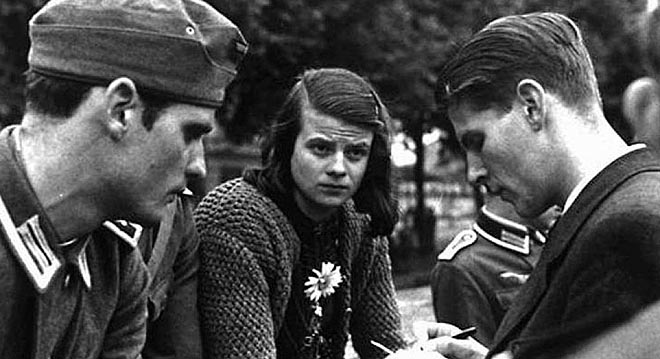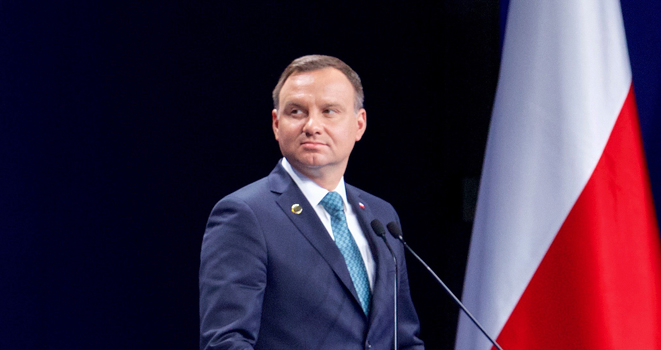Dying for the Truth: Hans and Sophie Scholl
Seventy-five years ago, Hans and Sophie Scholl were guillotined, just four days after the janitor at the University of Munich caught them distributing anti-Nazi fliers. She was 21, he 24, but they went to their death courageously, peacefully. They had stood up against the lies of the Third Reich, its contempt for human life, especially … Read more

